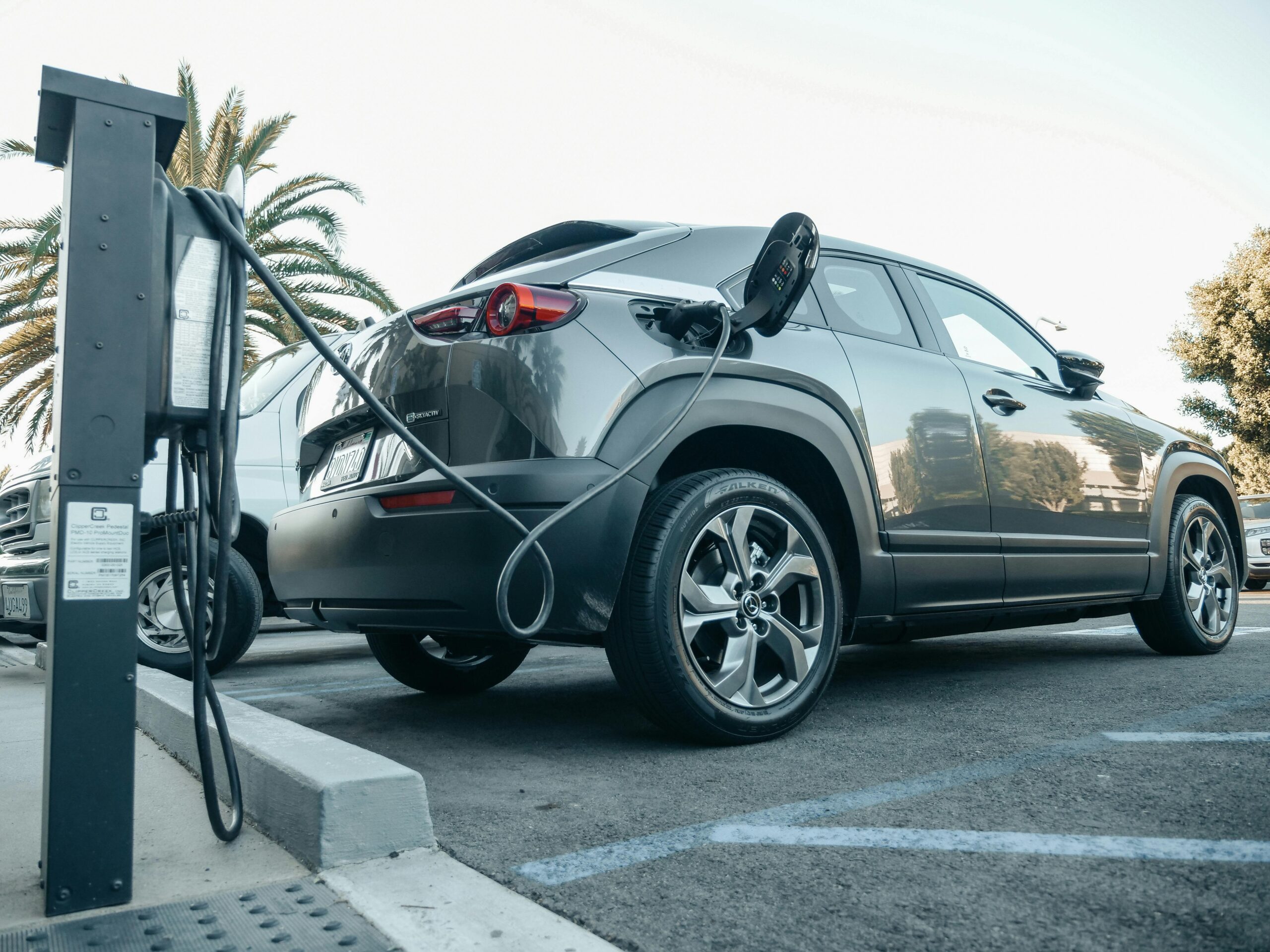Together In Electric Dreams

In the 2024 Autumn Budget, the Chancellor, Rachel Reeves, confirmed that the low rate of Benefit In Kind (BIK) tax on company cars would remain low to further encourage companies to adopt electric cars within their businesses.
Currently, BIK tax for zero-emission vehicles is 3% (this increased from 2% in April 2025) and it is set to rise to 5% in 2028-2029 and to 9% in 2029-2030. However, this is still substantially lower than for petrol or diesel cars, which could typically be 20% and above. In fact, for vehicles with emissions of 51g/km CO2 and over, rates will increase to 38% in 2028-29 and 39% in 2029-30.
In a further attempt to incentivise the use of electric cars, company car tax rates for hybrid and ICE cars are also set to rise, with the rate for cars with emissions of 1 – 50g/km of CO2, including hybrid vehicles, rising to 18% in 2028-29 and 19% in 2029-30.
In the UK, a BIK refers to a non-cash benefit provided by an employer to an employee. These are perks or benefits given in addition to salary and they often have a monetary value. HMRC considers many of these benefits as taxable, which should be reported. In addition to company cars, BIK examples include private medical insurance, season ticket loans and gym memberships paid by an employer.
Company car tax is not just dependent on fuel type and CO2 emissions but also the car’s value (if you have a more expensive car, you will pay more tax) and your income tax band.
You may decide to buy a car personally or continue using your current car. Clients then ask us if they can save up all their fuel receipts and add them to their expenses? However, you can’t do this, as included in those will likely be plenty of times you used your car for personal use.
As the owner – and an employee of your limited company – you can currently claim 45p per mile for each trip taken for business, in the same way sole traders account for their business miles. This essentially covers your fuel and any wear and tear on your vehicle. You can claim 45p for the first 10,000 miles and then, after that, the allowance drops to 25p per mile.
If you do opt to buy your car through your limited company, then it is treated as it would be as any asset you buy and you can claim the cost of the car against your business through Capital Allowances.
You may, alternatively, decide to lease a car through your limited company. In which case, you can put down your lease payments through your business as an expense. However, CO2 emissions still play their part. If the car you lease is over 50g/km in CO2 emissions, you can only claim 85% of the lease payments.
It’s worth remembering that the above only applies to company cars; vans, lorries and trucks are treated in the same way as plant and machinery. The rationale for this is that there are many jobs which can’t be done efficiently without a van, so you can claim the full value of the van through your limited company accounts.
Also, if you are a sole trader, you can’t purchase a car through your business, as there is no legal difference between you and your business.
If you are unsure how to account for your vehicle within your business, then do call our team at Lewis & Co on 01892 513515.